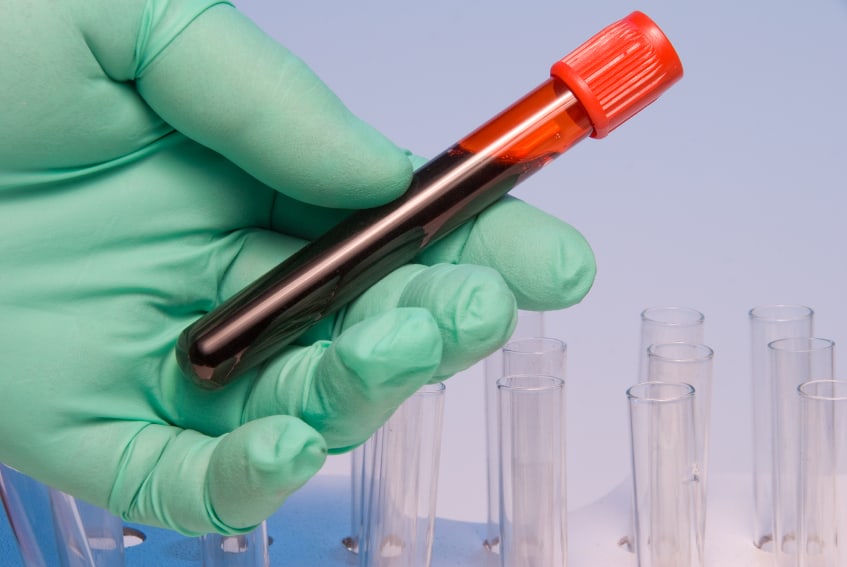Asymptomatic Prostatitis Symptoms

Medically reviewed by Dr. Paul Song M.D
Article at a Glance
- Up to one-third of men with an elevated prostate-specific antigen (PSA) level have asymptomatic inflammatory prostatitis.
- Men usually learn they have asymptomatic inflammatory prostatitis after undergoing a prostate biopsy due to an elevated PSA level or when they are being tested for infertility.
- Asymptomatic inflammatory prostatitis is usually treated with antibiotics or anti-inflammatory drugs.
As the name asymptomatic would suggest, this lesser-known form of prostatitis does not present with any symptoms. Asymptomatic prostatitis symptoms don’t really exist as true symptoms that a patient would notice. In fact, men do not know they have this painless inflammatory condition unless a doctor finds it when testing for another condition such as infertility or prostate cancer. Asymptomatic inflammatory prostatitis can be diagnosed through tests of semen, expressed prostatic secretions or by examining prostate tissue.
It is estimated that up to one-third of men with an elevated prostate-specific antigen (PSA) level have asymptomatic inflammatory prostatitis. Men usually learn they have asymptomatic inflammatory prostatitis after they undergo a prostate biopsy due to an elevated PSA level or when they are being tested for infertility. That’s when healthcare providers will find the presence of white blood cells (a sign of inflammation) in a man’s urine, but no bacteria or other signs of infection. These are classic indications of asymptomatic inflammatory prostatitis.
Asymptomatic Prostatitis Symptoms
Asymptomatic inflammatory prostatitis symptoms or signs include:
- Elevated PSA
- White blood cells or pus cells in the urine
If you are diagnosed with asymptomatic inflammatory prostatitis, you probably do not need treatment, but you might want to discuss any necessary treatment options with your doctor if you are worried about your PSA being high or are undergoing testing for infertility. To treat it, your doctor may prescribe antibiotics or nonsteroidal anti-inflammatory medications (e.g., ibuprofen). You and your doctor may decide that you do not require any treatment at all. If your PSA level is elevated due to this condition and you do happen to take antibiotics for it, your PSA levels may return to normal after about four to six weeks.
